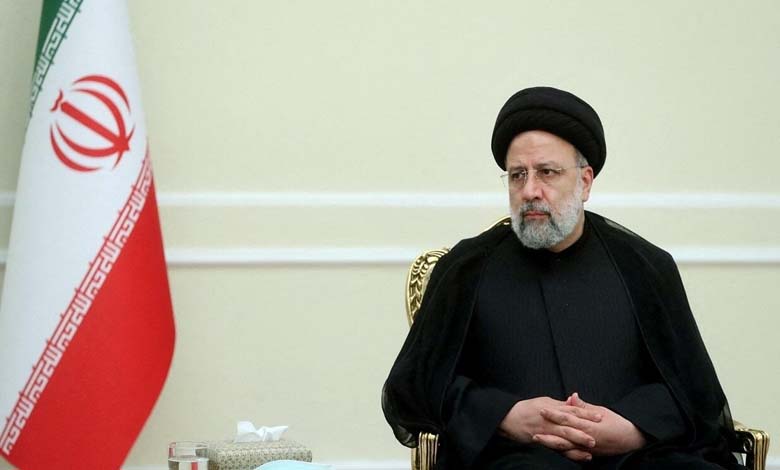European Powers Pressure Iran to Halt Nuclear Violations
European nations, despite American hesitations, have decided to present a resolution condemning Iran's lack of cooperation to the Board of Governors of the International Atomic Energy Agency (IAEA), which begins its sessions on Monday in Vienna

This move comes after 18 months of nuclear escalation to confront Iran’s ongoing violations of its nuclear commitments.
Diplomats have emphasized the “urgent need to respond to the severity of the situation,” especially after reports indicating Iran’s non-cooperation and its approach to developing a nuclear bomb, as well as talks of changing its nuclear doctrine.
Despite Iran’s official denial of any desire to acquire a nuclear bomb, its nuclear program continues to advance. According to the IAEA, Iran is the only non-nuclear weapon state capable of enriching uranium to a 60% level and accumulating increasing stockpiles. This threshold is close to the 90% required to produce a nuclear bomb and is significantly higher than the 3.67% limit stipulated for electricity generation.
Given this unprecedented situation, the IAEA Board of Governors, comprising 35 member states, has not submitted a resolution since November 2022. During the last meeting in March, London, Paris, and Berlin prepared a draft but withdrew due to a lack of support from Washington.
An IAEA report revealed that talks with Tehran were suspended following the death of President Ebrahim Raisi. Another report indicated that Iran had increased its stockpile of enriched uranium in recent months to 30 times the limit set in the 2015 agreement. IAEA Director Rafael Grossi visited Tehran before Raisi‘s death to discuss the nuclear issue, expressing hope for the resumption of nuclear negotiations.
Tehran has raised significant concerns about its nuclear program after suggesting a change in its nuclear ideology. Kamal Kharazi, an advisor to Iran’s Supreme Leader Ali Khamenei, stated last month that Tehran would be forced to change its nuclear doctrine if Israel threatened its existence. This statement has heightened fears of an Iranian nuclear weapon and is seen as a potential shift from previous Iranian leadership stances prohibiting the acquisition of nuclear bombs.
Leaders within the Islamic Revolutionary Guard Corps (IRGC) have also hinted at the possibility of changing Tehran’s nuclear doctrine, causing international anxiety. Supreme Leader Khamenei had previously issued a fatwa against nuclear weapons in the early 2000s, reaffirming in 2019 that “making and storing nuclear bombs is a mistake, and their use is forbidden. Although we have nuclear technology, Iran has completely refrained from it.”
However, Iran’s Intelligence Minister in 2021 suggested that Western pressure could push Tehran towards pursuing nuclear weapons. Kharazi reiterated that if Israel attacked Iran’s nuclear facilities, Iran’s deterrent would change. Ahmad Hak Taleb, the IRGC commander responsible for protecting nuclear facilities, warned that Israeli threats might prompt Iran to “review its nuclear doctrine and policies and reconsider previous public positions.”
The Iranian Foreign Ministry stated in April that nuclear weapons have no place in Iran’s nuclear doctrine, following a warning from an IRGC commander that Tehran might change its nuclear policy if Israeli threats continued.
These developments underscore the delicate and escalating situation surrounding Iran’s nuclear ambitions and the international community’s efforts to curb potential proliferation.












